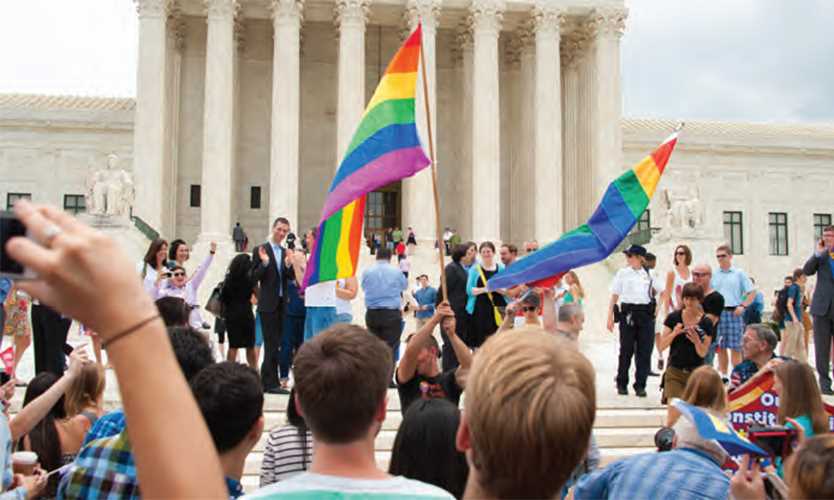#MeToo propels increase in claims
Reprints
The employment practices liability market is beginning to show some signs of hardening, but experts do not attribute it to the uncertain legal landscape surrounding gender identity and sexual orientation issues.
They point instead to increased claims stemming from the #MeToo movement.
Rates are firming, said Tom Hams, Chicago-based managing director and national employment practices liability insurance practice leader at Aon PLC.
The majority of accounts that do not have recent claims payments or a significant increase in headcounts are finding rates that are flat to up a few percentage points, but those experiencing claims are seeing more substantial increases, he said.
Rates are increasing about 5%, except in California, where they are increasing 5% to 10%, said Talene Carter, New York-based national employment practices liability leader in Willis Towers Watson PLC’s FINEX North America practice.
There has also been an increase in retentions, “especially in the middle market,” she said.
There was a “slight uptick in rates” among Marsh LLC clients in the 2018 fourth quarter, but “not shockingly so,” and claims volume is up significantly, said Kelly Thoerig, Richmond, Virginia-based U.S. employment practices liability product leader for the brokerage.
Much of that is driven by the increased exposure created by the #MeToo movement and sexual harassment claims, said Mr. Hams, adding there has not been any retrenchment of coverage.
Read Next
-

High court silent on LGBT cases
The U.S. Supreme Court’s refusal so far to accept certiorari on cases concerning sexual and gender identity leaves employers facing an uncertain legal landscape and a litigious U.S. Equal Employment Opportunity Commission.